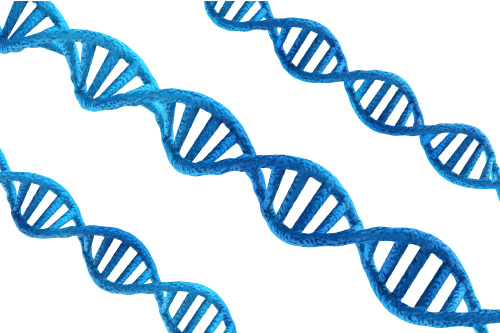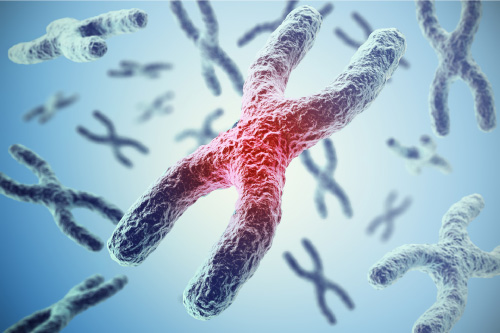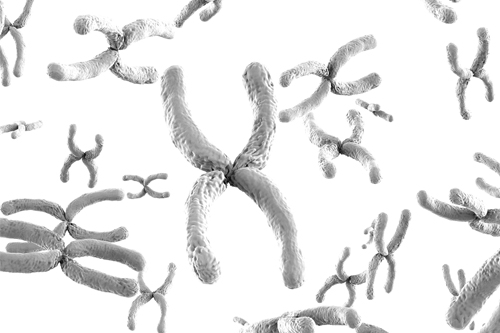Next generation sequencing-Preimplantation Genetic Screening
(NGS-PGS)
- Preimplantation genetic screening(PGS) - chromosome screening of embryo
- Before the embryo implantation, the genetic testing assess the number of chromosome, and detect the large genomic fragment deletion, and unbalanced translocationof early embryos. The embryos have to be analyzed for genetic abnormalities by comparisons of cytogenetics.
- Suitable candidate:
- elderly women
- frequent miscarriage
- Family has a history of chromosomal abnormalities
- Other conditions that require artificial reproduction and selected embryos

Preimplantation genetic diagnosis
(PGD)
- Diagnosis of diseases of specific gene mutations, more than 125 genetic diseases
- It checks whether the embryo carries genetic defects, and disease caused by a single-gene defect
- Common hereditary disease:
- spinal muscular atrophy
- Thalassemia
- Down Syndrome
- Cri-du-chat (cat's cry) syndrome
- hemophilia
- ankylosing spondylitis
- other genetic diseases

Non-invasive prenatal test (NIPT)/Non-invasive fetal trisomy test
(NIFTY PLUS)
- Although the accuracy of prenatal diagnosis of amniocentesis is high (>99%), there are risks of infection in mother and fetus, and abortion.
- NIFTY PLUS uses blood sampling, and It can avoid the risk of abortion caused by invasive procedures, and its accuracy is higher than 99%.
- Adding level-II fetal screen assists NIFTY PLUS to check fetus anomaly.
- It can be detected on 10th week of pregnancy.
- NIPT combined with NGS-PGS increases accuracy.

